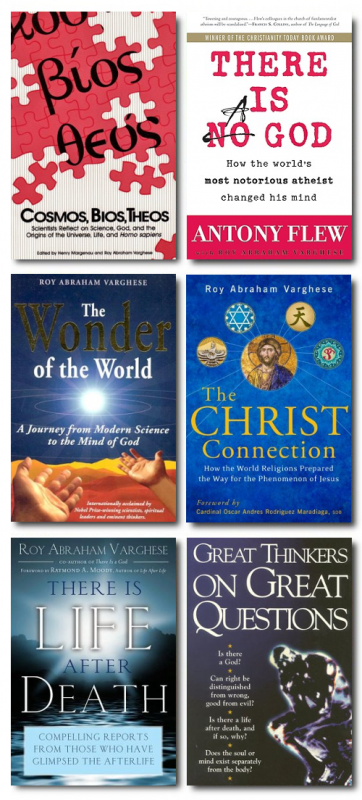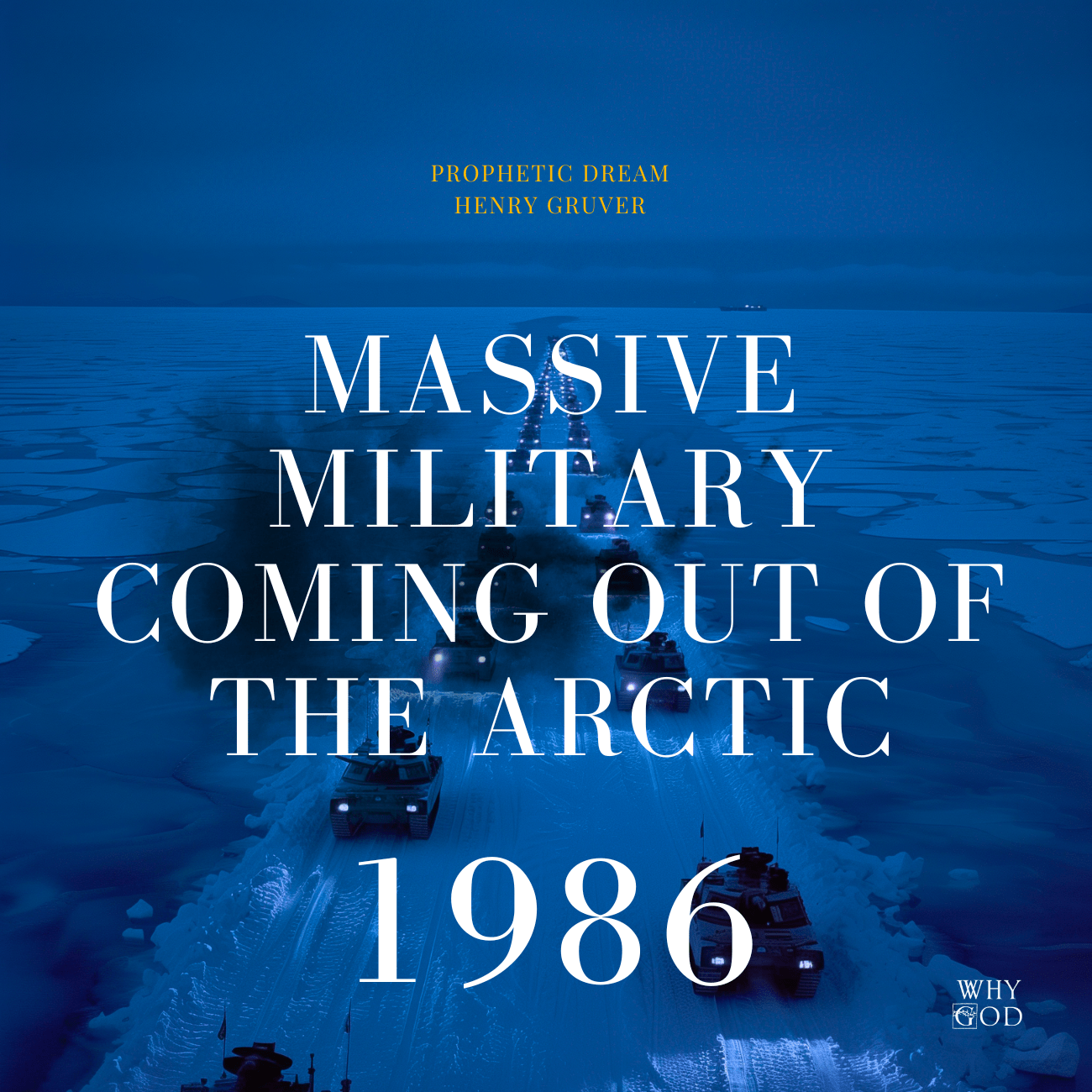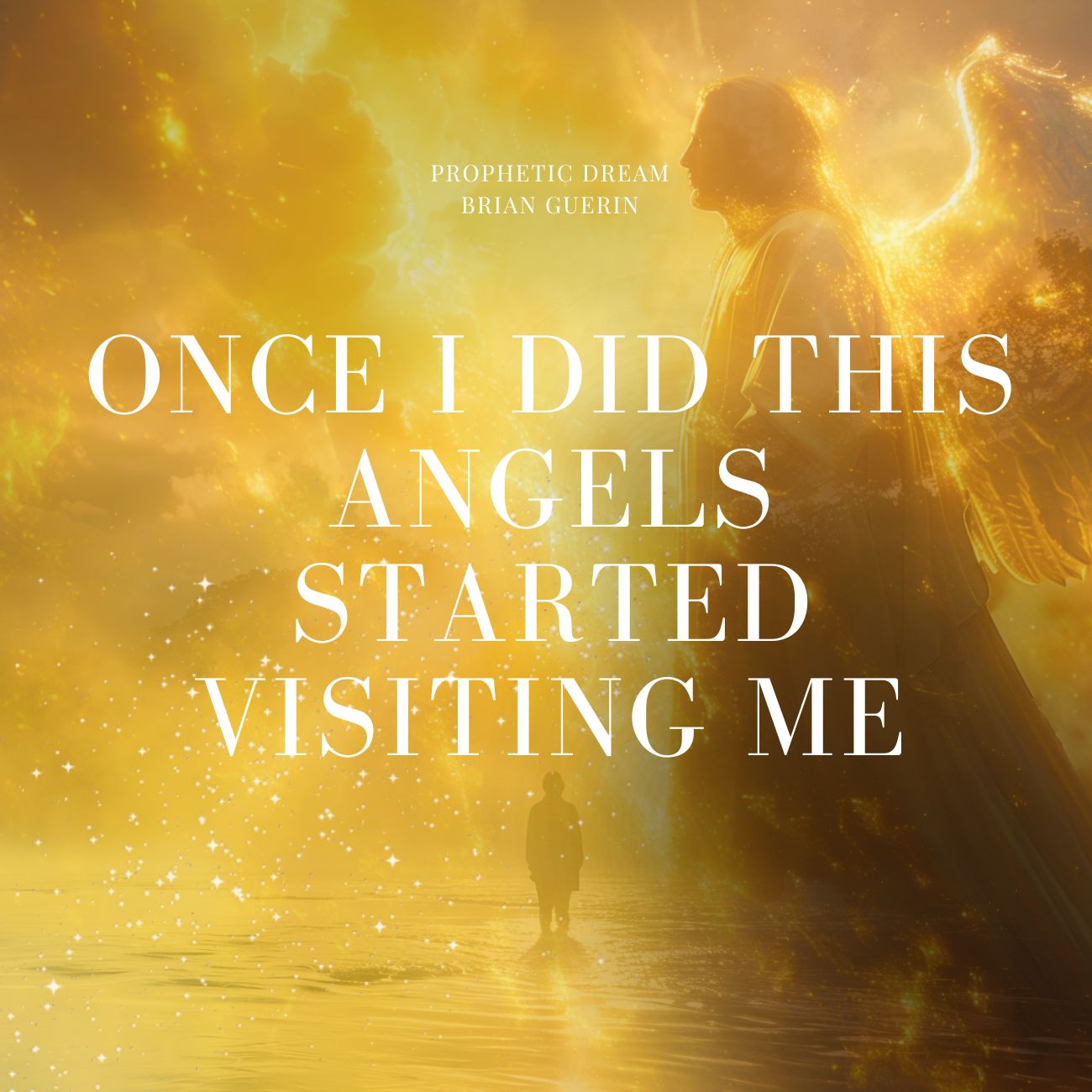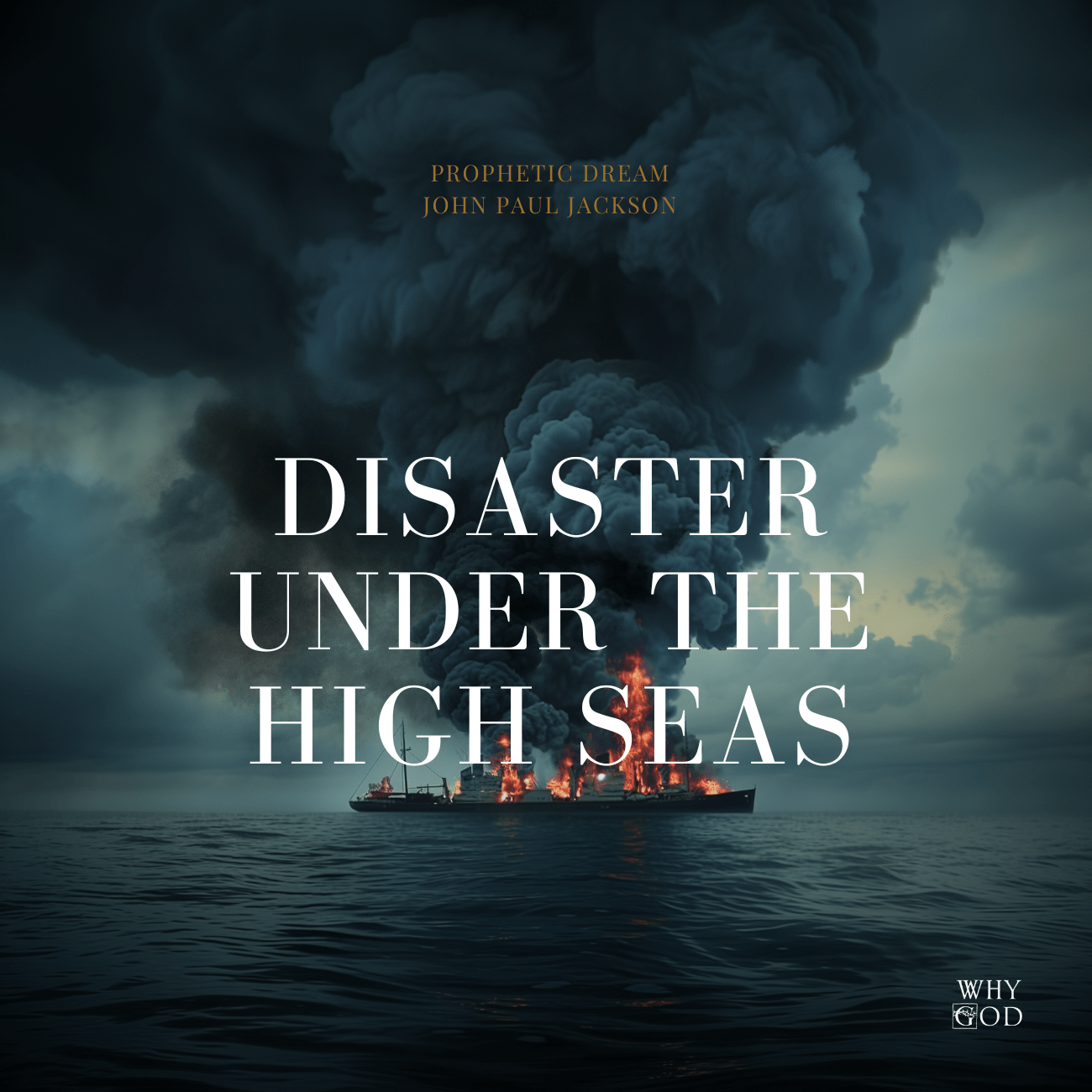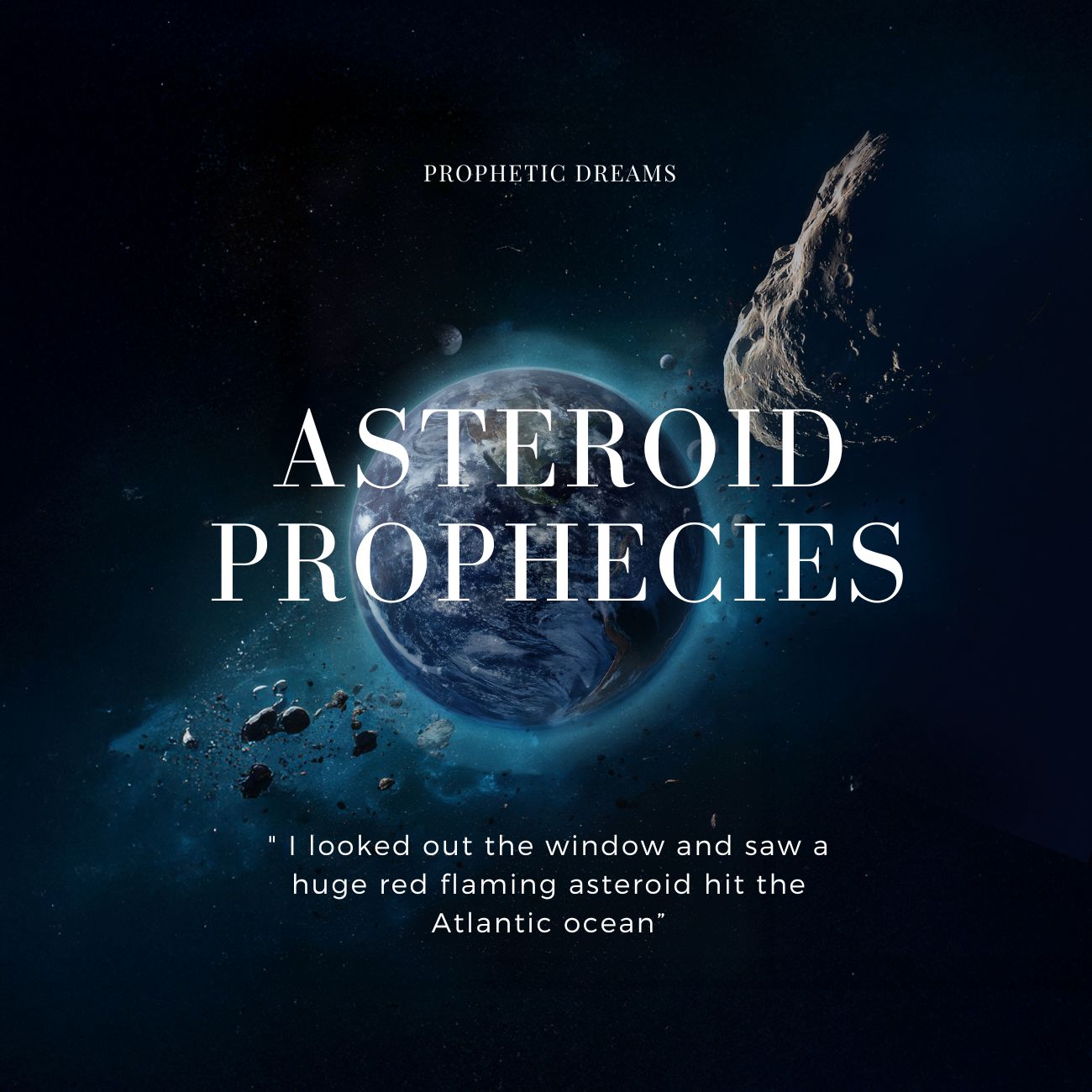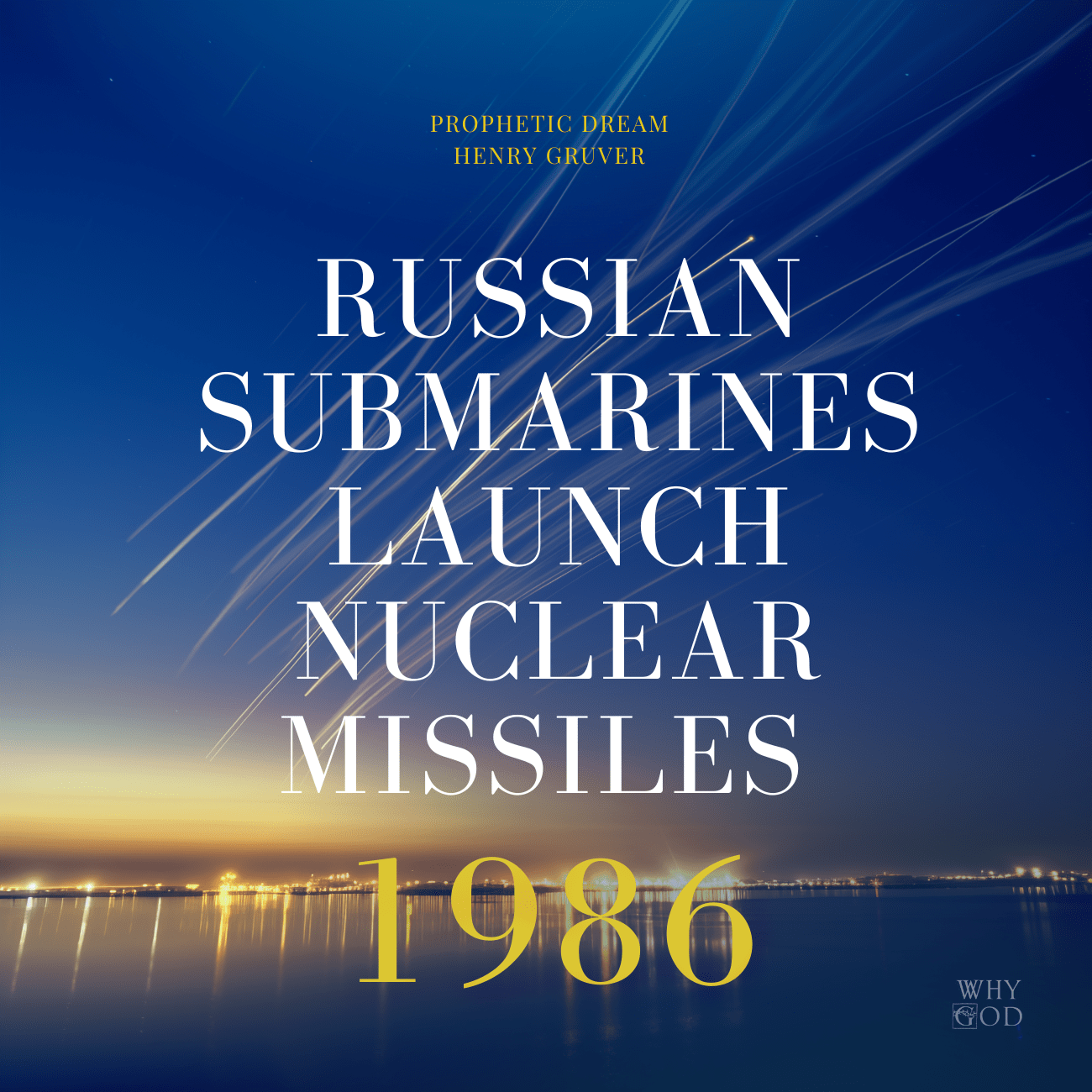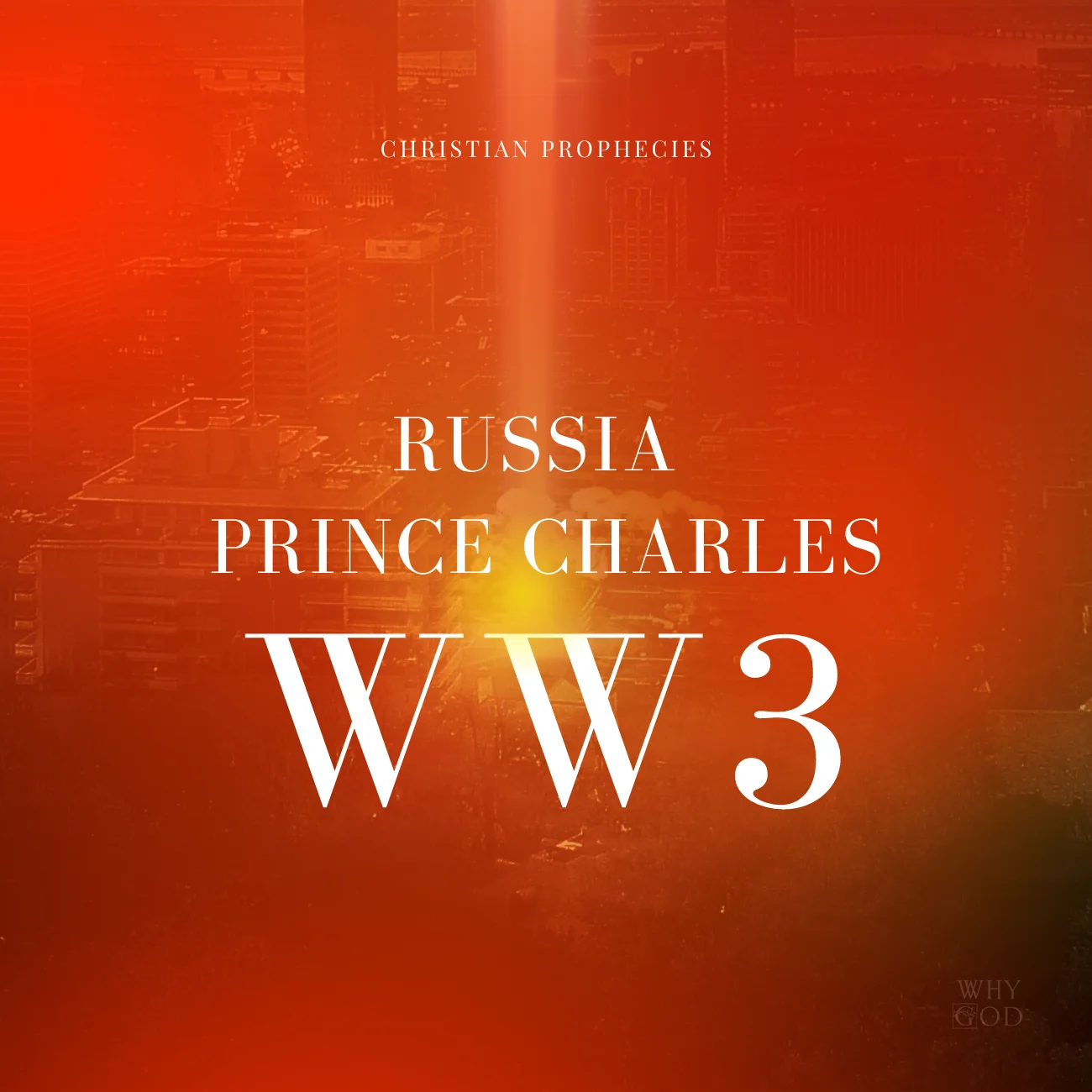Roy Abraham Varghese has worked on the interface between science and religion for over two decades. His book Cosmos, Bios, Theos had contributions from 24 Nobel Prize-winning scientists and was described in Time Magazine as “the year’s most intriguing book about God.”
Another of his books, Cosmic Beginnings and Human Ends, won a Templeton Book Prize.
In the book Cosmos, Bios, Theos, combines opinions from astronomers, mathematicians, physicists, biologists, chemists, and philosophers. They include – Sir John Eccles, Antony Flew (in a debate with H.D.Lewis and Hugo Meynell), Robert Jastrow, b.D.Josephson, Henry Margenau, Sir Neville Mott, Arno Penzias, Ilya Prigogine, Abdus Salam, Arthur Schawlow, George Snell, Victor Weisskopf, and Eugene Wigner.
“Cosmos, Bios, Theos” is a portfolio of opinions and arguments from 60 scientists, including 24 Nobel Prize winners, on the relationshiip between the scientific enterprise and the religious view of reality.
“Cosmos, Bios, Theos” makes no claim to being a representative survey – the scientists were chosen because they were believed to be at least open to the possibility of a religious view of reality. But their specific views turned out to be surprisingly diverse, and often both original and persuasive.
Replies to the following six questions :
What do you think should be the relationship between religion and science?
What is your view on the origin of the universe – both on a scientific and – if you see the need – on a metaphysical level?
What is your view on the origin of life – both on the scientific level and – if you see the need – on a metaphysical level?
What is your views on the origin of “Homo sapiens?” ; how should science – and the scientist – approach origin questions, specifically the origin of the Universe and the origin of life?
Other Books:
The Missing Link: A Symposium on Darwin’s Creation-Evolution Solution by Roy Abraham Varghese-
The Missing Link blazes a unique trail through the conundrums and controversies generated by evolutionary theory and religious thought. To date, these debates have centered on the origin of species. This book, however, turns the spotlight on the origins of consciousness, thought, and the self while also considering the relationship between God and science. Remarkably, Darwin himself highlighted the relevance of the origin of consciousness to the question of a creator. Therefore, The Missing Link works within a framework that was laid out at the dawn of the creation-evolution debate. Since that time, however, this framework has rarely been considered or explored. The unifying theme of this volume is the conclusion that the existence of God is grounded in rational thought. Contributors to The Missing Link include three Nobel Prize winners, renowned scientists from Oxford, Cambridge, and Harvard, and noted contemporary philosophers of consciousness, language, and the self.
Great Thinkers on Great Questions by Roy Abraham Varghese
Is there a God? Are our choices free? Does the soul exist? Great Thinkers on Great Questions presents cogent answers from some of the greatest thinkers of modern times to fifteen of the most enduring questions faced by humanity. Drawing on a diverse range of views from such influential figures as Richard Swinburne, Alvin Plantinga and Keith Ward, the book broaches God and atheism, ethics, truth, free will, and the compatibility of science and religion. For questioning minds who seek alternative philosophical viewpoints, this is a unique insight into the fundamental questions which epitomise the human condition. Roy Abraham Varghese is an experienced author and editor on the subject of science and religion. His book Human Endings won the Templeton Book Prize for Theology in 1995. Time magazine described his book Cosmos, Bios, Theos as “the year’s most intriguing book about God”.
Reviews
By Bill Groves “seeker” The Wonder of the World: A Journey from Modern Science to the Mind of God
The author states he is not a scientist, but an ontologist. This undoubtedly is true, but he also has an excellent grasp of science from cosmology to quantum physics. I have read many books looking for a scientific perspective on the nature of the Creator and this is clearly the best so far. He avoids the pitfalls of simple anthropic arguments and cuts to the very core of this issue with razor sharp philisophical, ontological, scientific insight. This is a true monumental work of art on the subject of understanding the nature and mind of God through science and ontology. I’d recommend it very highly

